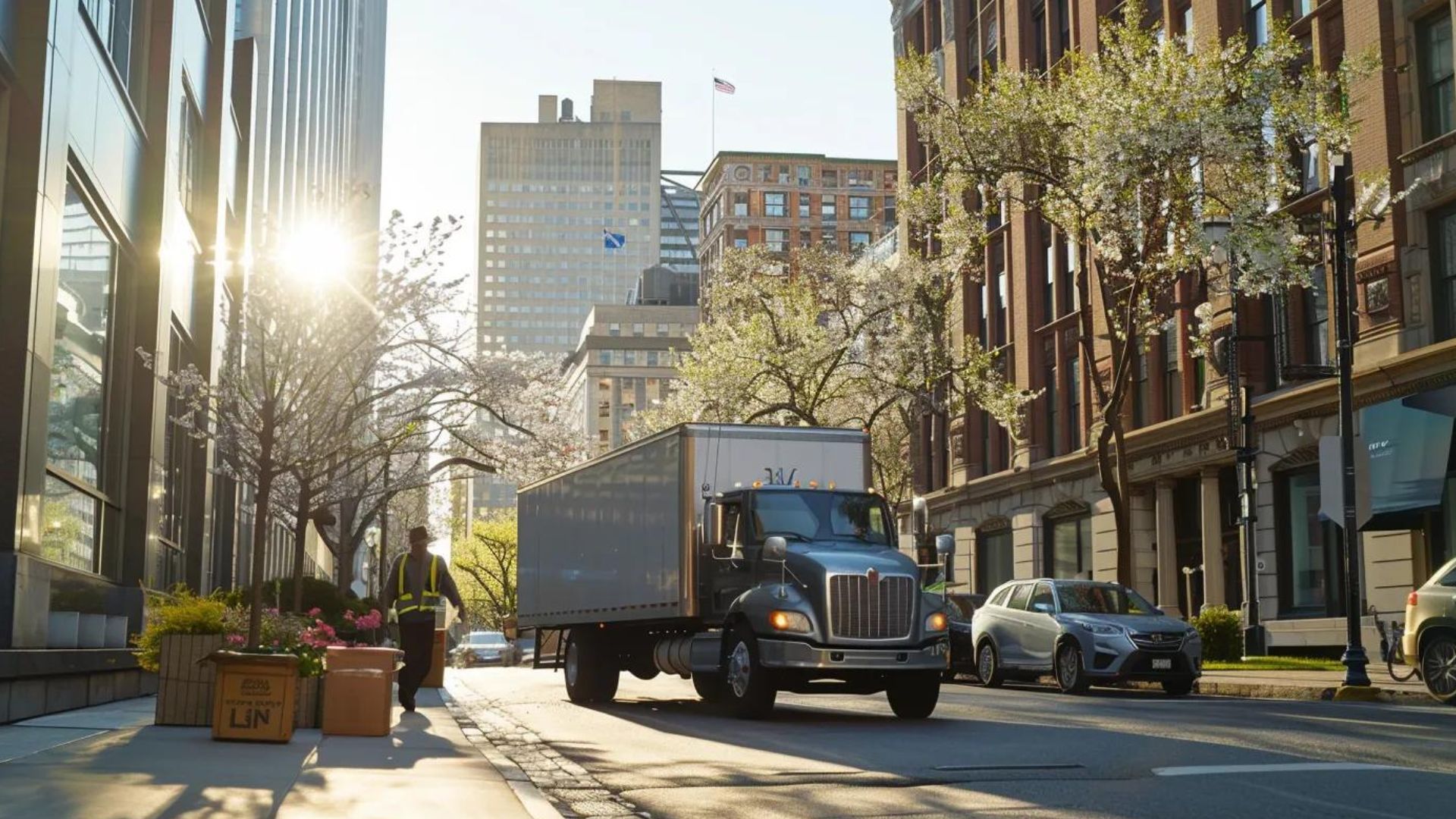Blog

Moving to a new home in Rhode Island requires precise planning and reliable support; residential relocation services in Rhode Island ensure a seamless transition from packing to unpacking. This overview covers core moving services, pricing transparency, service areas, licensing trust, and essential preparation tips. Readers will discover packing and unpacking options, loading and transport processes, specialty moves, cost factors and quote methods, city-specific coverage, the value of licensed movers, plus practical checklists for a stress-free local move. What Are the Key Residential Moving Services Available in Rhode Island? Residential moving services in Rhode Island include a range of full-service and à la carte options designed to relocate household goods safely. Movers handle everything from fragile-item packing to heavy furniture transport, ensuring professional handling at each stage. These services set the stage for specialized options available across Rhode Island homes. Which Packing and Unpacking Options Do Rhode Island Movers Offer?

Interstate moving requires strict compliance with federal and state regulations to safeguard consumers, ensure carrier legitimacy, and avoid costly penalties. This guide explains the most critical rules—from FMCSA oversight and USDOT-number verification to binding estimates and delivery windows—while mapping out your rights, insurance options, dispute resolution paths, and state-specific obligations. Readers will gain clear, actionable steps for each regulatory layer and understand how to engage compliant moving professionals for a seamless relocation experience. What Are the Key Federal Regulations Governing Interstate Moving? Federal regulations set baseline requirements for any move crossing state lines, defining carrier licensing, consumer contracts, valuation coverage, and estimate protocols. These rules protect your shipment, ensure accountability, and establish uniform standards under the FMCSA’s authority. USDOT Number Requirement Bill of Lading Contract Written Estimate and Delivery Window Rules Mandatory Valuation Coverage Options What Role Does the FMCSA Play in Regulating Interstate Moves?

Long-distance moves can be incredibly stressful and time-consuming for both residential and commercial properties, especially when factors such as moving scams, customer satisfaction, and consumer protection are at stake. With a landscape that includes dishonest brokers and fraudulent companies—highlighted by issues like moving scams and hidden fees—it is essential to have a clear process and well-established criteria for selecting a reputable long-distance mover. Knowing where to find accurate information about moving companies, understanding key credentials like a valid USDOT number, and comparing quotes transparently can drastically reduce stress and ensure that valuable household goods and office items are transported safely. By using reputable sources such as the Better Business Bureau and adhering to guidelines from the Federal Motor Carrier Safety Administration, consumers can protect not only their physical belongings but also their overall customer experience. This article provides a detailed guide based on multiple aspects, such as logistics, valuation methods, and service agreements—ensuring the chosen mover meets high standards in customer service, reliability, and overall reputation. For customers in Rhode Island, engaging a long-distance moving company in Rhode Island can help tailor your moving process to local standards. As you learn about defining moving needs, researching potential movers, and verifying their credentials, you will gain the knowledge necessary to make a confident, secure choice that minimizes risks and maximizes efficiency. Transitioning to the main content, we will begin with a detailed exploration of your moving needs and then progress through researching, verifying, comparing quotes, evaluating insurance, and identifying red flags before reaching a final decision. Understanding Your Long-Distance Moving Needs

Moving long distances can be a complicated process, especially when transitioning from or to Rhode Island. This article provides a thorough guide to understanding Rhode Island long-distance moving assistance, outlining the unique challenges of interstate relocations and the wide range of services available. Homeowners, families, and businesses in Rhode Island often face challenges such as coordinating with multiple moving companies, navigating regulatory differences between states, and managing the stress of relocating valuable items. With keywords like " long-distance moving company Rhode Island ," "Rhode Island movers," and "packing services," this guide helps readers understand how professional moving assistance helps streamline the entire process. The following sections explore each aspect in depth, ensuring that whether you’re planning a move out of Rhode Island or planning on coming into the state, you’re well-prepared, informed, and can make decisions that save time and money.

Interstate Moving Regulations in Rhode Island Explained Interstate moves can be challenging, especially when navigating regulations specific to Rhode Island. This article provides essential insights into federal oversight, choosing a compliant mover, and required documentation for interstate relocation. Readers will gain a clearer understanding of valuation and insurance options while comparing Rhode Island's rules with those of neighboring states. Addressing common concerns will empower individuals to manage their move efficiently, reducing stress and ensuring a smoother relocation process. Engaging with this content will equip readers with the knowledge needed to tackle interstate moving regulations in Rhode Island effectively. Key Takeaways Verify the mover's USDOT number to ensure compliance with federal regulations Understand and secure adequate insurance coverage for personal belongings during the move Maintain detailed records to support claims for lost or damaged items Address disputes directly with movers before escalating to relevant authorities Be aware of time limits for filing claims related to interstate moves Understanding Federal Oversight for Rhode Island Interstate Moves

Understanding Liability Coverage for Long Distance Moves Moving long distances presents unique challenges, especially concerning liability coverage. Understanding what protections are available can prevent unexpected losses and stress during your relocation. This article will define mover liability, compare basic options and full value protection, and examine third-party insurance policies. By gaining insights into these aspects, readers will be better equipped to select the right coverage and handle claims for lost or damaged goods. This content aims to address the common fear of not being adequately protected during a move, offering clarity and solutions to ensure peace of mind. Key Takeaways Mover liability options include released value and full replacement value coverage during relocations Standard homeowners policies often do not cover items in transit during moving activities Assessing item value is crucial for selecting appropriate liability coverage for long-distance moves Third-party moving insurance offers enhanced protection for valuable or fragile possessions beyond mover liability Timely documentation and reporting are essential for successful liability claims on damaged goods Defining Mover Liability in Long Distance Relocations




